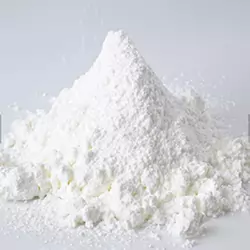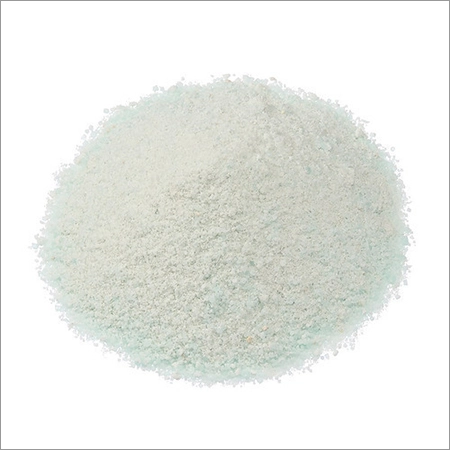Choline Chloride 60% Corn Cob
|
IUPAC Name |
: 2-Hydroxy-N,N,N-trimethylethan-1-aminium chloride |
|
Cas Number |
: 67-48-1 |
|
HS Code |
: 23099010 |
|
Formula |
: C5H14ClNO |
Basic Info
|
Appearance Name |
: Tan to brown, free flowing granules |
|
Common Names |
: bilineurin chloride or biocolina |
|
Packaging |
: 25 Kg Bag |



---turkey.webp)


 English
English
 Indonesian
Indonesian
 简体字
简体字
 العربية
العربية
 Español
Español
 Français
Français
 Português
Português
 日本語
日本語
 한국어
한국어
 Tiếng Việt
Tiếng Việt
